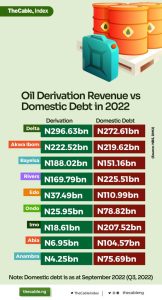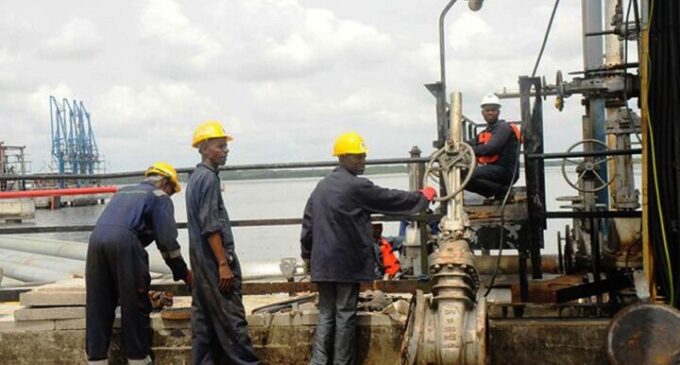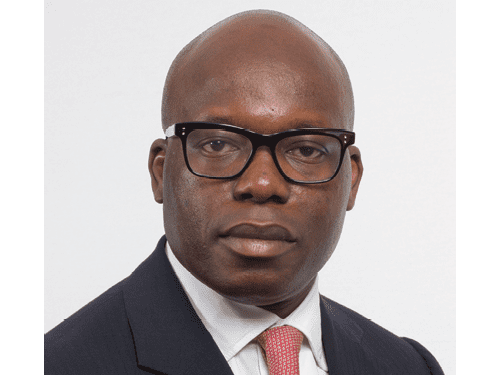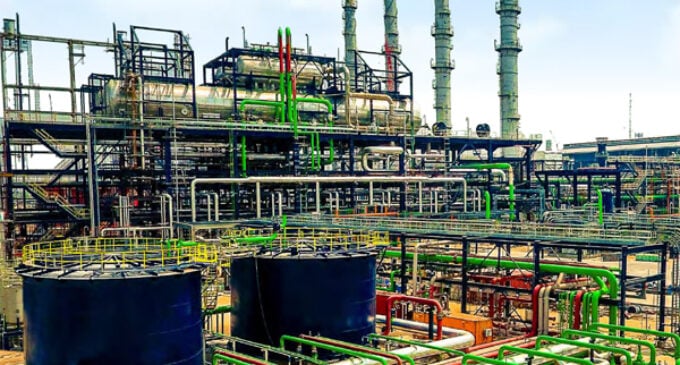The nine oil-producing states in Nigeria shared N970.20 billion from the federation account through the 13 percent derivation formula in 2022.
Data from the National Bureau of Statistics (NBS) showed that Abia, Akwa Ibom, Anambra, Bayelsa, Delta, Edo, Imo, Ondo, and Rivers were states that received the fund.
The 13 percent derivation fund comes from the federation revenue to oil-producing communities through the state governments as enshrined in section 162, sub-section 2 of the Nigerian constitution.
Analysis of the report showed that Delta state received the highest allocation totalling N296.63 billion, representing 31 percent of the total revenue from the derivation account.
Delta is followed closely by Akwa Ibom, having received N222.52 billion, representing 19 percent of the total disbursement during the period.
Other states include Bayelsa (N188.02 billion), Rivers (N169.79 billion), Edo (N37.49 billion), Ondo (N25.95 billion), Imo (N18.61 billion), Abia (N6.95 billion), and Anambra (N4.25 billion).
The 13 percent derivation fund is different from the three percent provided for host communities in the PIA from the oil company’s operating expenses (OPEX).
In a controversial comment last year, Nyesom Wike, governor of Rivers, said President Muhammadu Buhari had approved the payment of funds owed to states in the Niger Delta since 1999.
According to Wike, the money approved by Buhari were funds owed from the 13 percent derivation, which he said have significantly aided his infrastructural strides in the state.
DESPITE DERIVATION FUNDS, DELTA, AKWA IBOM, BAYELSA AMONG MOST INDEBTED STATES
But despite the 13 percent derivation allocations, oil-producing states are still battling with high domestic debt and suffering from massive infrastructure decay.

According to the Debt Management Office (DMO), Delta leads with a total debt of N272.61 billion, followed by Rivers, and Akwa Ibom with N225.51 billion and N219.62 billion, respectively, at the end of Q3 2022.
Imo has a domestic debt of N207.52 billion, followed by Bayelsa, Edo, Abia, Ondo, and Anambra with N151.16 billion, N110.99 billion, N104.57 billion, N78.82 billion, and 75.69 billion, respectively.
Speaking last year, Ikemesit Effiong, head of research at SBM Intelligence, had said that oil-producing states ignored workable revenue initiatives because of crude oil income.
Effiong explained that because oil-producing states command a healthy portion of the national income, they are not motivated to “build the durable revenue generation and infrastructural structures that would ordinarily guarantee sustainable economic development, simply because crude oil income is available for them to spend”.
“There is also the situation where a lot of the players in the oil and gas sector which operate in these communities offer to stand in the gap in meeting some of these infrastructural needs, but host communities stand as a roadblock by demanding even more income rent from them,” he said.
“This leaves state governments with the lion’s share of responsibilities in meeting the infrastructure needs that major oil and gas players would have taken care of, further driving up subnational commitments.
“In the end, crude income is easy money, and easy earnings are also easy to spend, so these states are too relaxed to look for creative ways to build robust revenue generation structures.”

 News3 years ago
News3 years ago
 Entertainment2 years ago
Entertainment2 years ago
 News3 years ago
News3 years ago
 Privacy3 years ago
Privacy3 years ago
 Sports2 years ago
Sports2 years ago
 Entertainment2 years ago
Entertainment2 years ago
 News3 years ago
News3 years ago
 Opinion3 years ago
Opinion3 years ago






